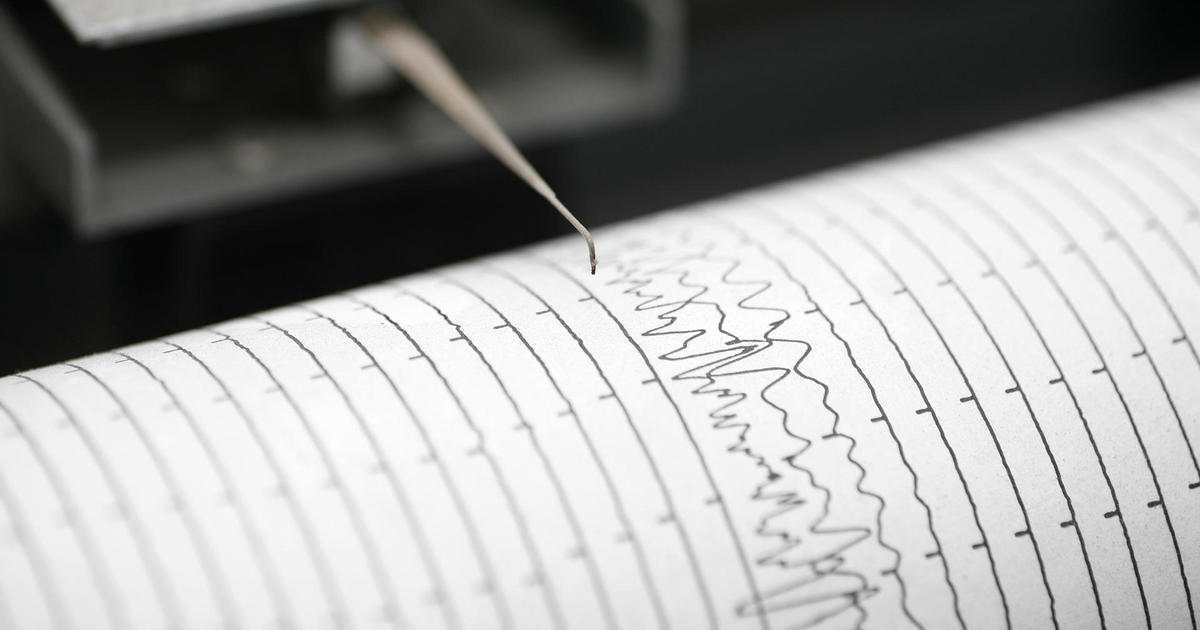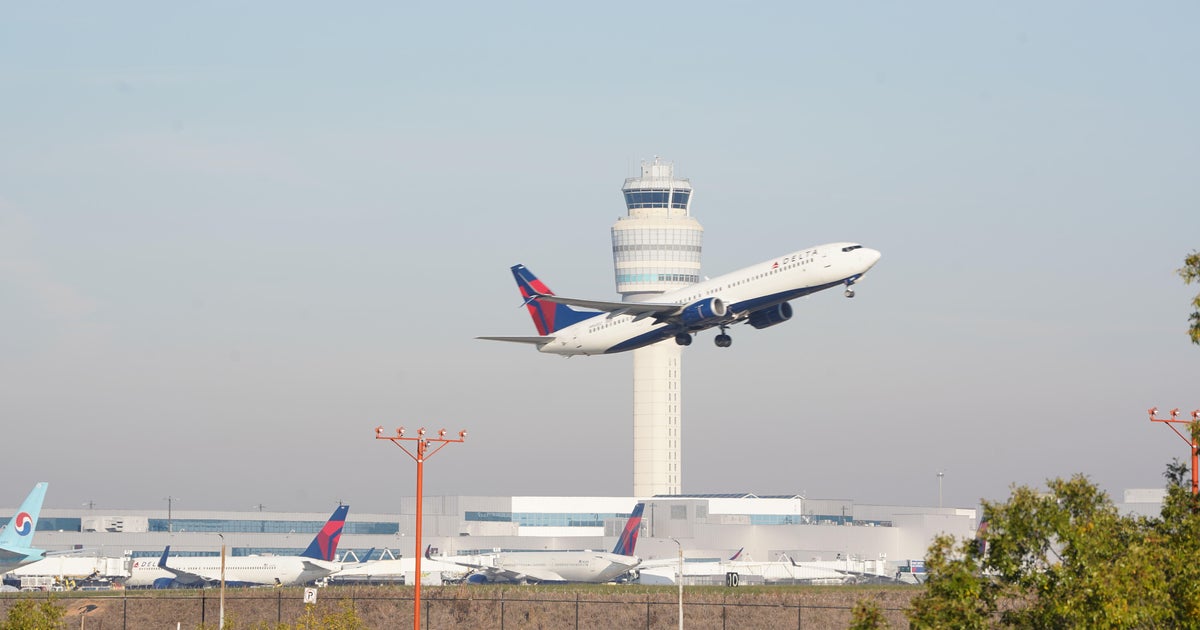FCC chairman Ajit Pai slams "absolutely unacceptable" Hawaii missile false alarm
HONOLULU -- Ajit Pai, the chairman of the Federal Communications Commission (FCC), says it appears the government of Hawaii didn't have reasonable safeguards in place that would have prevented a false alert about an imminent missile strike from being sent.
Pai said in a statement Sunday that an FCC investigation is under way into the false alert that sounded on hundreds of thousands of cell phones across Hawaii, sending residents and tourists scrambling for cover ahead of an expected attack in a state on edge about the threat from North Korea.
"The false emergency alert sent yesterday in Hawaii was absolutely unacceptable. It caused a wave of panic across the state -- worsened by the 38-minute delay before a correction alert was issued," Pai said.
Vern Miyagi, the administrator for the Hawaii Emergency Management Agency (HI-EMA), took responsibility for the mistake. Miyagi said the error happened during a shift change around 8 a.m., stating "the wrong button was pushed" during the internal drill.
"BALLISTIC MISSILE THREAT INBOUND TO HAWAII. SEEK IMMEDIATE SHELTER. THIS IS NOT A DRILL," the alert said. The agency sent a corrected alert 38 minutes later.
Cindy McMillan, communications director for Hawaii Gov. David Ige, told reporters Sunday that the employee who sent the false alert had a chance to catch the mistake but pressed the wrong button twice. Once testing resumes, two people will be required to be involved in a test in order to avoid a false alert.
The employee, who has been with the agency for 10 years, was re-assigned within the emergency operations center, HI-EMA spokesperson Richard Rapoza told CBS News.
Pai said information collected so far shows it appears Hawaii didn't have safeguards or process controls in place to prevent the mistake.
"Moving forward, we will focus on what steps need to be taken to prevent a similar incident from happening again. Federal, state, and local officials throughout the country need to work together to identify any vulnerabilities to false alerts and do what's necessary to fix them," Pai said in the statement.
CBS News' David Begnaud contributed to this report.







